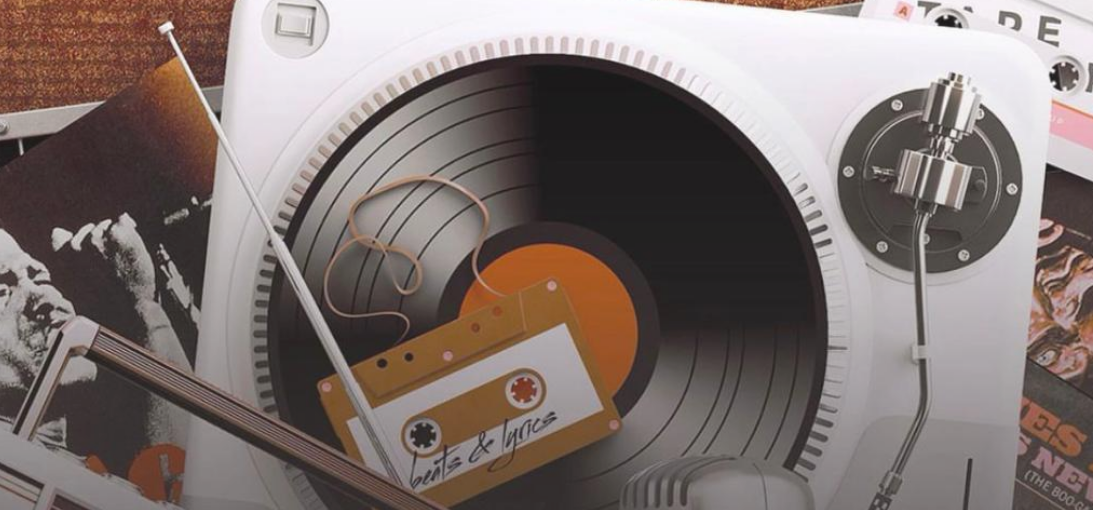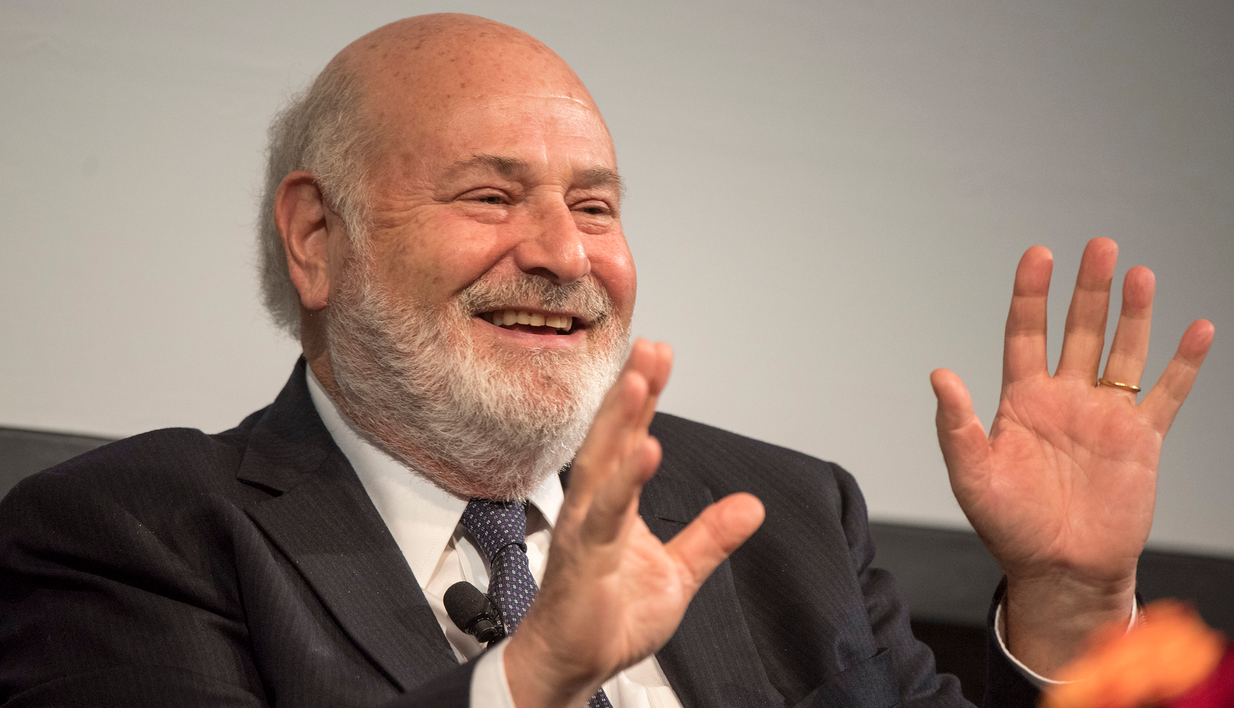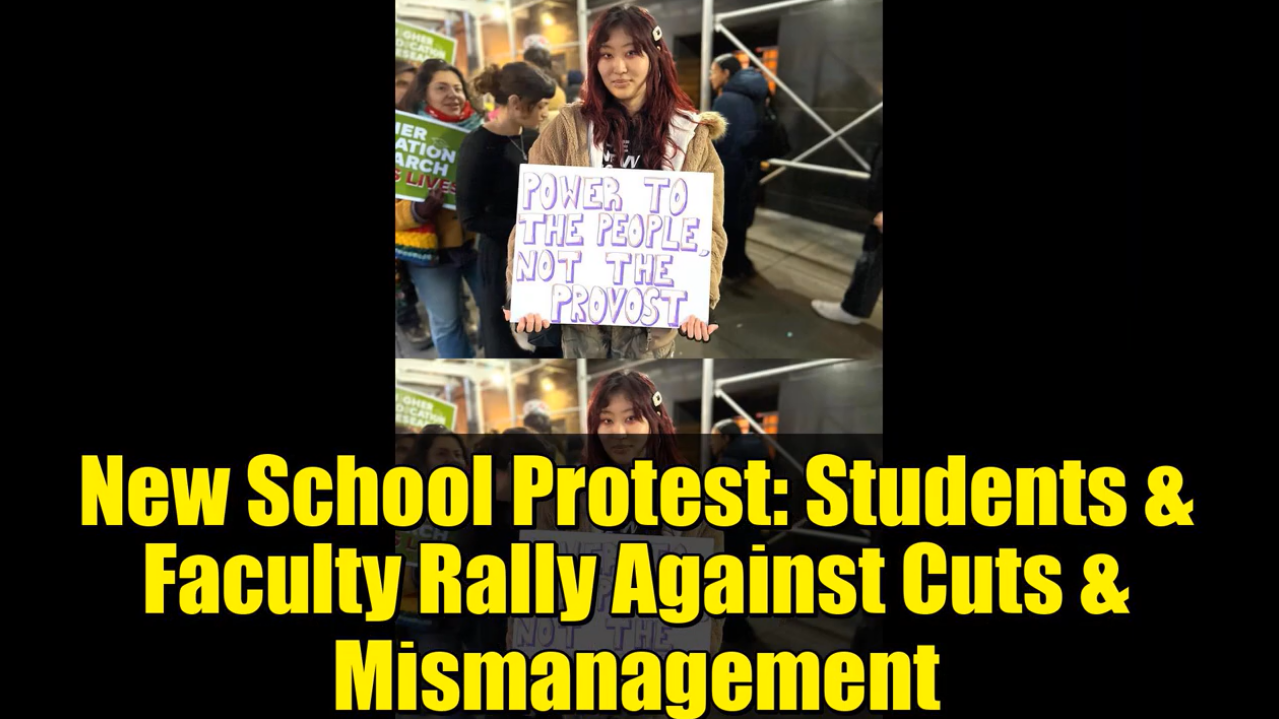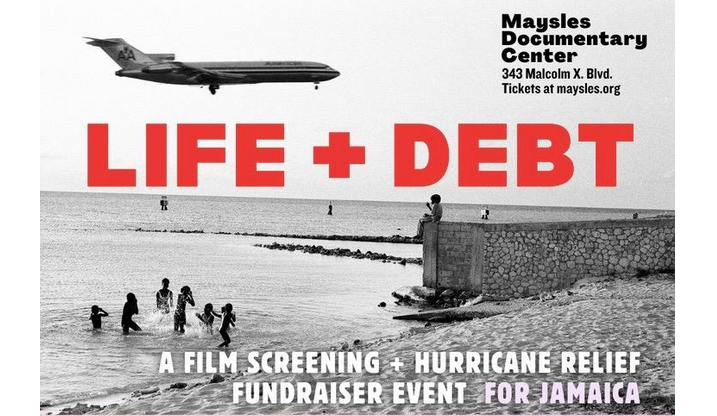By Edwin Freeman, Director of Beats & Lyrics
Photos: Edwin Freeman
This year marks the 50th anniversary of hip hop, which has grown from its humble beginnings in the Bronx to become the most popular genre of music worldwide. Hip hop served as a powerful tool of expression and upward mobility for inner city youth when it emerged in the 1970s.
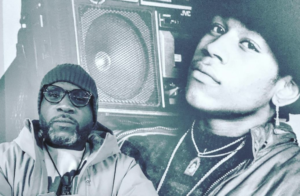
At a time when poverty and crime plagued America’s inner cities, hip hop gave a voice to the voiceless. Early pioneers like Grandmaster Flash and Afrika Bambaataa channeled their frustrations into raw, gritty beats and rhymes that spoke truth to power. Their music served as a form of resistance and cited the harsh realities of ghetto life.
Hip hop also provided an artistic outlet for disenfranchised youth to express their creativity. Pioneering DJs invented turntablism and rappers like Rakim introduced complex lyricism and flow. Graffiti artists used subway cars as their canvas to showcase their talents. Breakdancers infused dance with athleticism and acrobatics. This artistic expression allowed inner city youth to find meaning and hope.
As hip hop gained popularity in mainstream culture, it provided opportunities for economic mobility. Many artists capitalized on their talents to build music careers and business empires. Russell Simmons helped launch Def Jam records, ushering in a new era of hip hop entrepreneurship. Artists like Jay-Z and Puff Daddy went from dealing drugs to running record labels and fashion brands worth billions. Simmons calls hip hop “the greatest wealth creator for Black America.”
Statistics show hip hop’s incredible influence. It now accounts for over 25% of music streamed on Spotify. Nielsen Music reported hip hop/R&B surpassed rock as the biggest music genre in 2017. In 2021, eight of the top 10 artists on the Billboard Hot 100 were hip hop acts. Hip hop has also become a global phenomenon spreading to Europe, Asia, Africa and beyond.
While some criticize hip hop for promoting violence and materialism, legends like LL Cool J use the culture to uplift and give back. His iconic “Rock the Bells” festival has featured iconic lineups over the years. He also runs non-profits helping youth stay out of jail.
As we commemorate 50 years of hip hop, we should recognize its roots as a tool of expression for marginalized communities. It gave inner city youth a creative outlet and for many, a ladder out of poverty. Beats did more than rhyme. They inspired generations.
Be sure to check out the new documentary Beats & Lyrics, now streaming on Prime Video, which commemorates the 50th anniversary of hip hop and its global influence.
